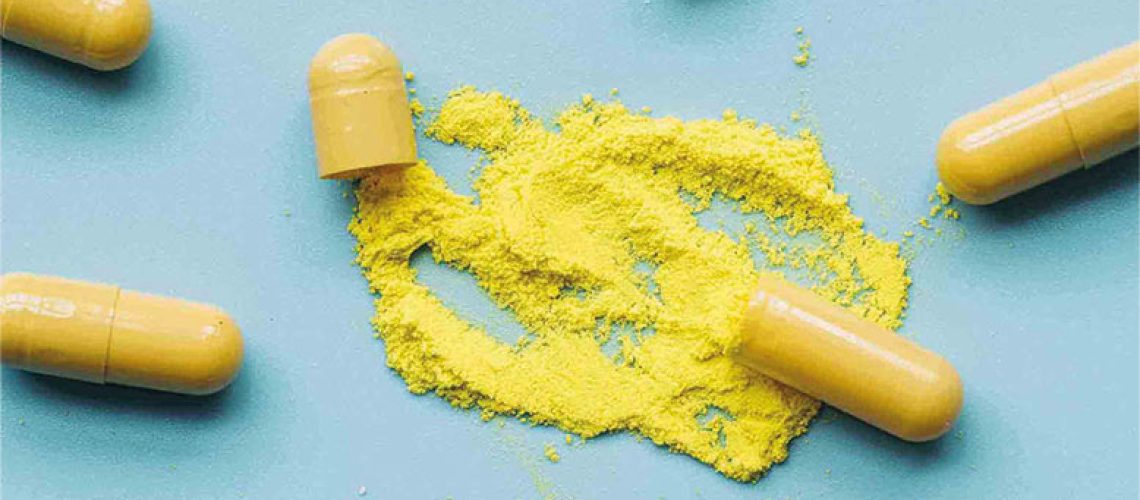The Decree of the President of the Republic (DPR) No. 309 of 1990 stands as a cornerstone in the Italian legal system concerning drug trafficking. This article is of fundamental importance in understanding the regulations and penalties surrounding this sensitive legal issue. In this article, we will delve into the most relevant and crucial aspects related to drug trafficking in Italy.
Article 73 DPR 309/1990: Penalties for Drug Trafficking
Article 73 of DPR 309/1990 clearly establishes the criminal penalties for those found guilty of drug trafficking. These penalties can vary significantly based on various factors, including the quantity and type of narcotics involved and the specific conduct of the defendant. Imprisonment is one of the most severe penalties prescribed for this offense. It is important to note that a conviction for drug trafficking can have long-term consequences on the defendant’s life, including future employment prospects and reputation.
The Gravity of the Offense in the Context of Art. 73 DPR 309/1990
Drug trafficking is considered highly offensive and dangerous to society. Article 73 was introduced to protect public health and safety, recognizing the significant harm that narcotics can cause both individually and collectively. Consequently, Italian law takes a stringent approach towards those accused of drug trafficking.
Cultivation of Cannabis and Article 73 DPR 309/1990
Cultivation of cannabis is a subject of great interest related to Article 73. Cannabis is one of the most common narcotics, and its cultivation is subject to strict regulations. The offense of cultivating cannabis is specifically addressed by this article and can lead to substantial prison sentences, as well as the potential confiscation of assets linked to this illegal activity.
Aiding and Abetting Drug Trafficking: Penalties and Implications
Article 73 of DPR 309/1990 also prescribes penalties for aiding and abetting drug trafficking. This means that individuals who, in various ways, facilitate the crime of drug trafficking can be subject to imprisonment. Aiding and abetting drug trafficking is a serious matter that requires careful legal evaluation, as it can involve third parties who, inadvertently or deliberately, assist the offender.
Asset Confiscation Related to Drug Offenses
Another significant provision of Article 73 pertains to the possibility of confiscating assets used or obtained through drug trafficking. This legal tool was introduced to target the assets of the offender associated with the illegal activity. Asset confiscation can result in the loss of property, vehicles, and other assets connected to drug-related offenses.
Illegal Purchase of Narcotics
Finally, it is important to note that purchasing drugs is equally illegal as drug trafficking and can lead to severe legal consequences. The law punishes individuals who attempt to obtain narcotics illegally and without a medical prescription.
In conclusion, Article 73 of DPR 309/1990 represents a cornerstone in Italian jurisprudence regarding drug trafficking. Its significance arises from the necessity to combat a phenomenon that jeopardizes public health and societal safety. Understanding the provisions and penalties outlined in this regulation is essential to avoid severe legal consequences. In cases involving accusations under this article, seeking legal assistance from an experienced criminal lawyer is crucial, as only a competent professional can ensure an effective defense.


